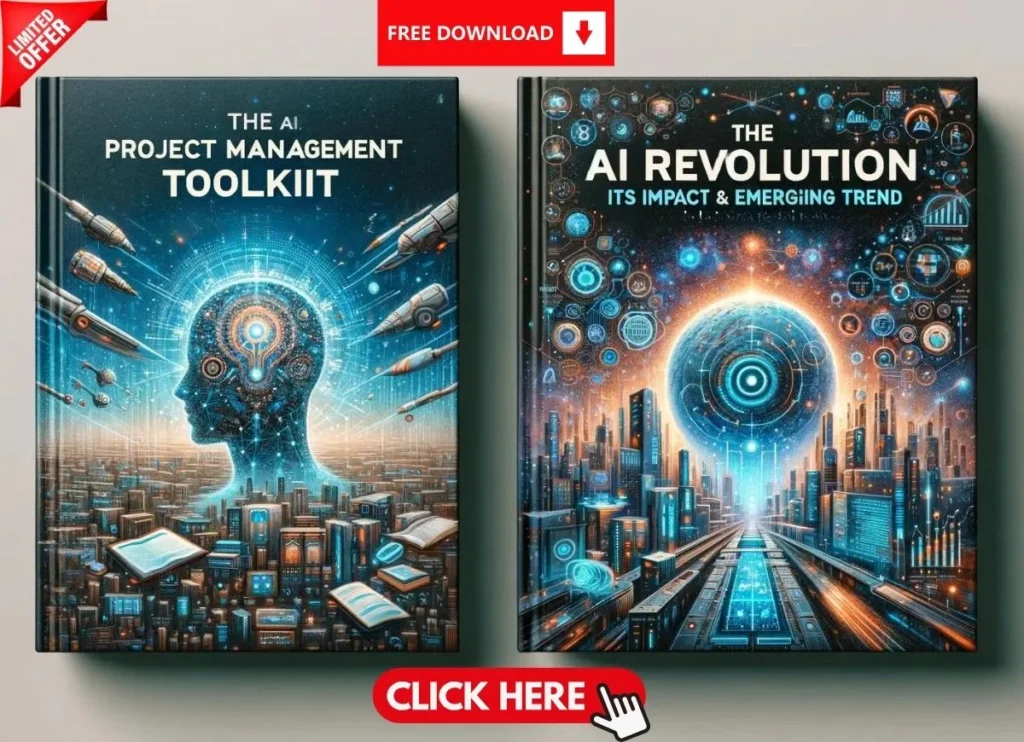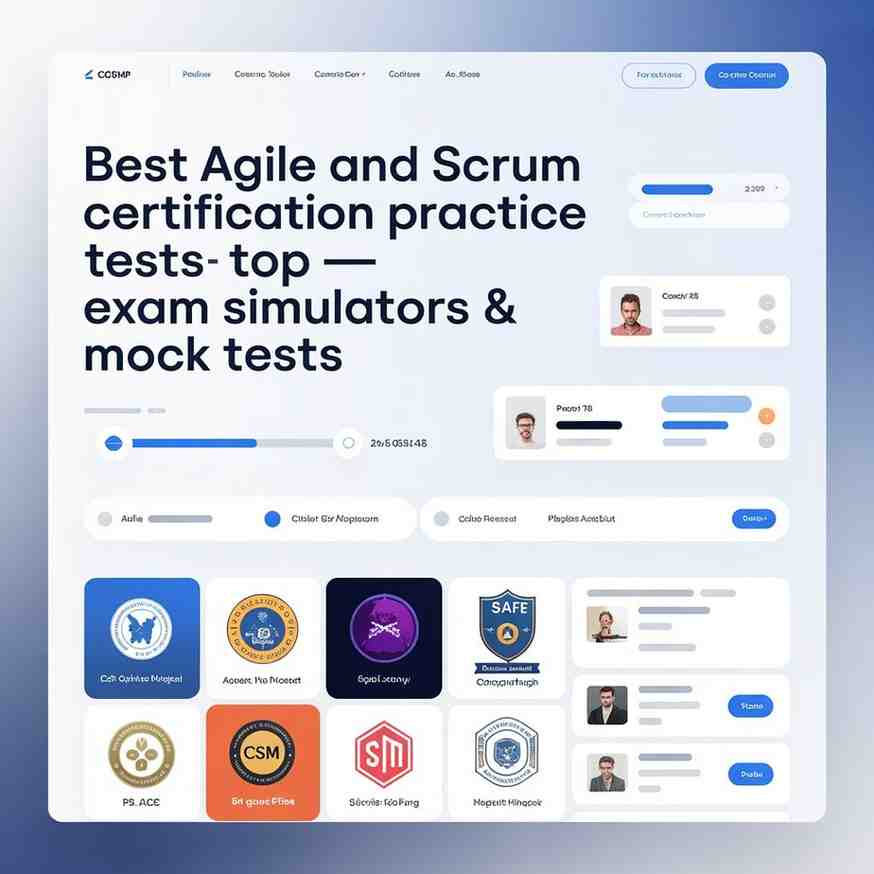Artificial Intelligence, one of the most recent innovation in technology domain which is suppose to change the dynamics of work in future. One of the motivations behind the advance of technology has always been to get machines to perform work that is repetitive or a drudgery for humans. That motivation will continue to drive technological progress and people holding down those kinds of jobs are at risk of losing them. In the past, new technologies have also been job creators, sometimes creating entirely new industries.
But even if specific individual Artificial Intelligence (A.I. technologies), e.g., A.I. voice recognition, response and recording software, on balance destroy more jobs or job categories than they create, is it also true that the technology is becoming increasingly capable of carrying out cognitive activities such as making judgement calls, solving problems, sensing emotions, and driving.
From an industry perspective, the evolution of technology must be compared with the rate of change of customer needs. This means IT companies are required to support customers with stable technologies such as the airline booking system or 2G or core banking software at the same time, customers need leading edge technologies. The challenge for companies is to create the right mix.
The main fear is that even though artificial intelligence will increase efficiency across industries, this will ultimately translate into unemployment, as jobs are replaced by machines.
On the bright side, as of now, even though most of today’s jobs have aspects that can be automated, it is very rare to find one that can be completely automated.
AI is likely to create more jobs than it would destroy.
Every job has different types of activities that require different cognitive and physical capabilities, therefore each activity has a different capacity to be automated. So instead of analyzing the impact of entire occupations being dependent on AI, the impact of AI of individual activities should be the focus.
AI-powered technology is going to be an empowering way for marketers to shift the focus of their role away from the repetitive, time-consuming methods of manual data argument and move towards actioning perceptions derived from the analysis of various marketing data assets.
The big benefit of adopting (Artificial Intelligence) AI-powered technology is that it allows man and machine to operate at their peak potential.
Rather than having a resource be applied to a task they’re naturally not best-suited for and that can be addressed better with the latest technology innovations, it’s clear that the way forward is to bring together the best skills a man and machine bring to the table. The sum is greater than the parts.
New technology has created more jobs than it has destroyed but not every cycle can be the same, and there is evidence that robotics is already having a disruptive effect on employment and wages, and will continue to as it advances.
With the greater use of AI within the enterprise, the role of the human worker will be transformed for the better. Organisations set to flourish will be those that focus on talent development enabling employees to be upskilled and be reassigned across higher-value tasks.








